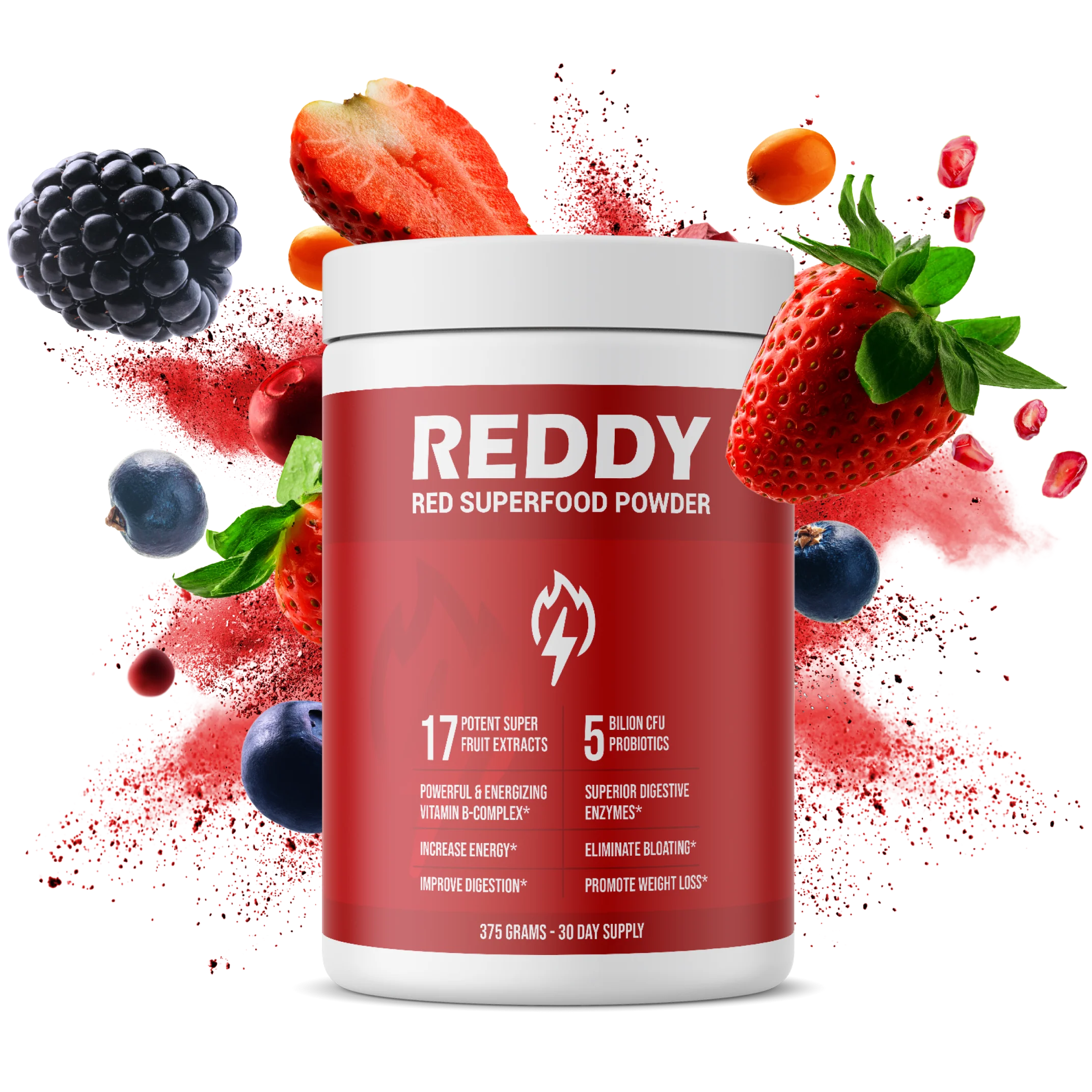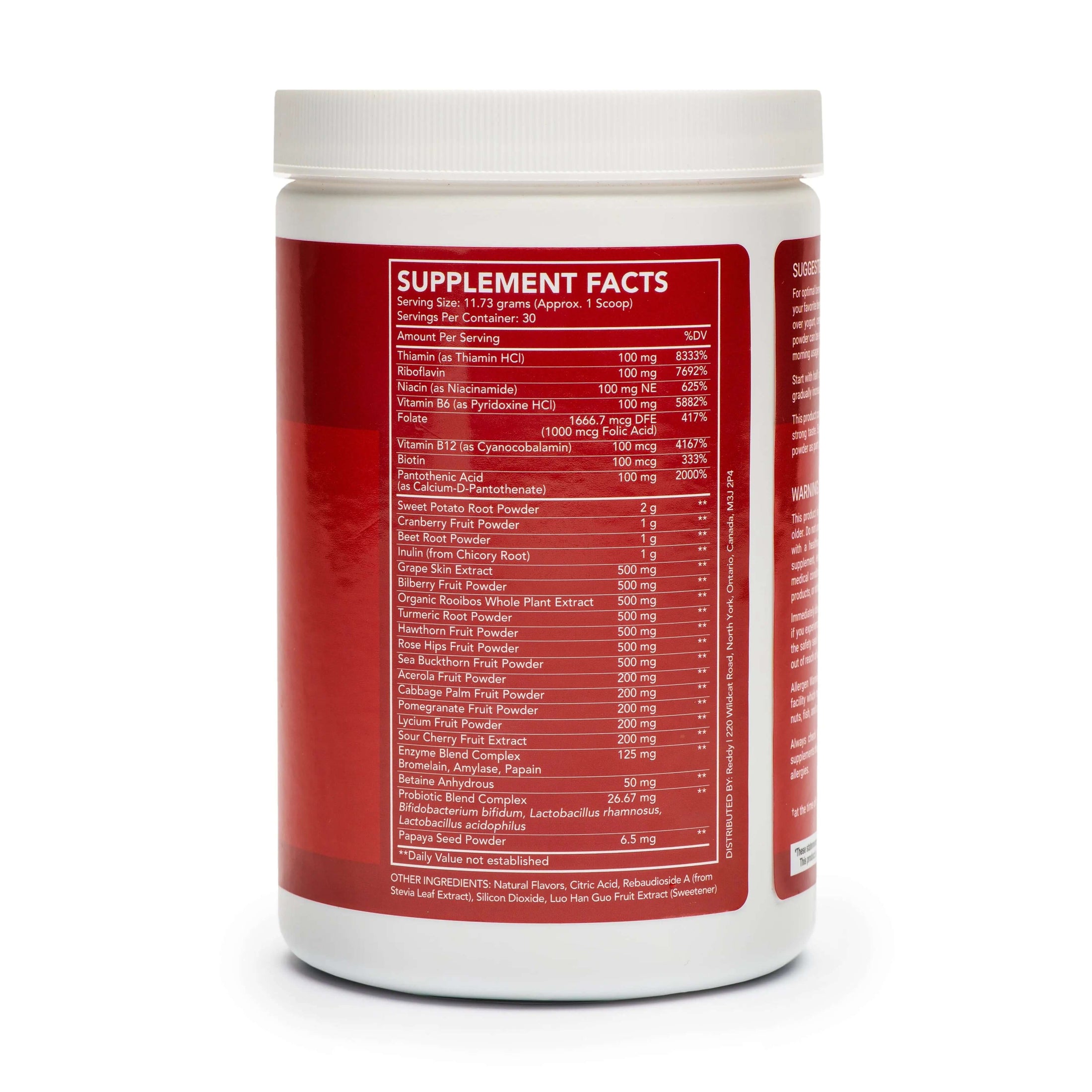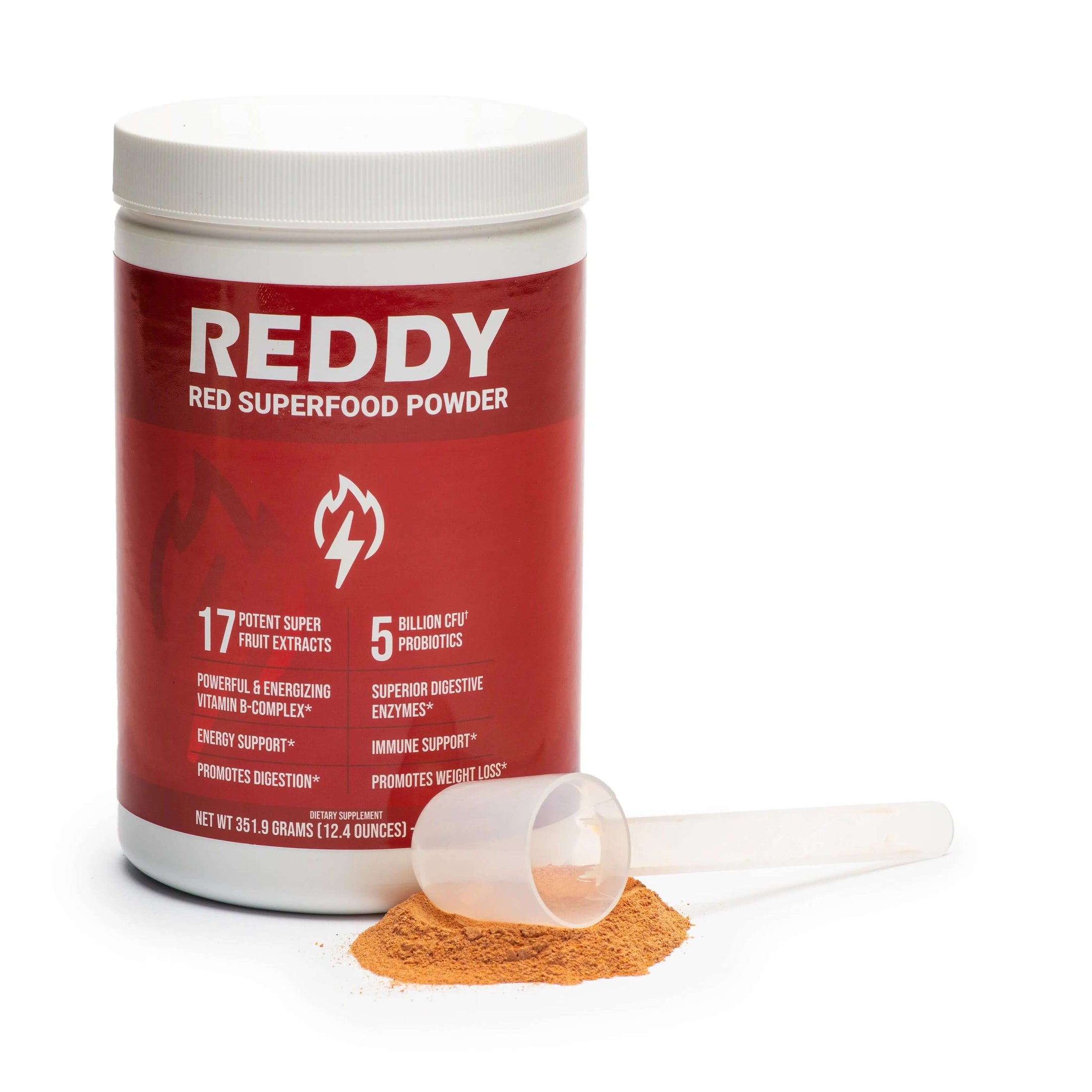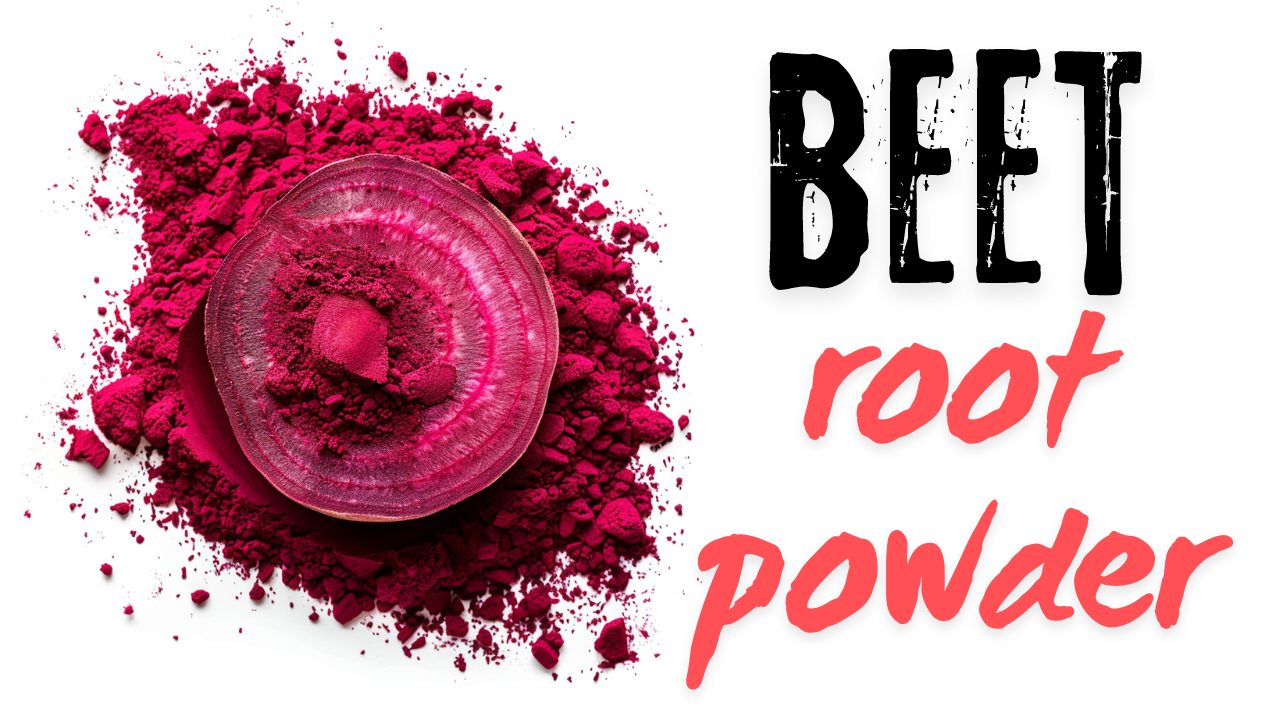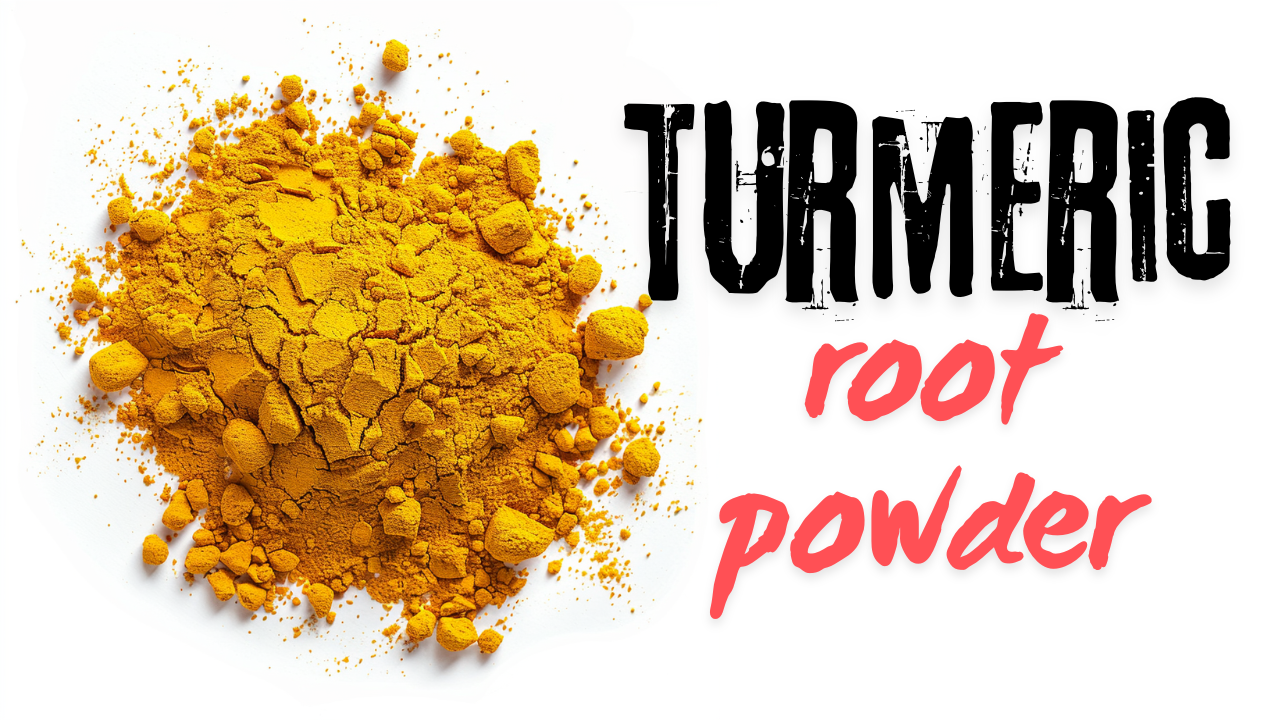Essential nutrients are compounds that the body cannot synthesize in adequate quantities and must be obtained through diet. These nutrients are vital for growth, disease prevention, and overall health. The essential nutrients can be broadly categorized into macronutrients, which are needed in larger amounts, and micronutrients, required in smaller quantities.
Macronutrients
-
Carbohydrates
- Primary source of energy.
- Found in fruits, vegetables, grains, and legumes.
-
Proteins
- Crucial for building and repairing tissues, making enzymes and hormones.
- Sources include meat, poultry, fish, dairy, legumes, and nuts.
-
Fats
- Important for energy, supporting cell growth, protecting organs, and keeping the body warm.
- Healthy sources include avocados, nuts, seeds, olive oil, and fatty fish like salmon.
-
Water
- Essential for every cell in the body. It aids in digestion, absorption of nutrients, circulation, and temperature regulation.
- The amount needed varies depending on factors like age, climate, and physical activity levels.
Micronutrients
-
Vitamins
- Organic compounds crucial for various bodily functions like energy production, immune function, and blood clotting.
- Different types include Vitamin A, B Vitamins (B1, B2, B3, B5, B6, B7, B9, B12), Vitamin C, D, E, and K.
-
Minerals
- Inorganic elements that play roles in a variety of bodily functions such as bone health, fluid balance, and muscle contraction.
- Key minerals include calcium, phosphorus, potassium, sodium, magnesium, zinc, iron, manganese, copper, iodine, selenium, and fluoride.
Importance of Balanced Diet
- A balanced diet is crucial to provide all the essential nutrients. Each nutrient plays a unique role in the body, and deficiency in any can lead to health problems.
- Diverse diets that include a variety of foods are the best way to ensure adequate intake of essential nutrients. This includes a mix of fruits, vegetables, whole grains, lean proteins, and healthy fats.
- In some cases, such as in dietary restrictions or certain health conditions, supplementation may be necessary to meet nutrient needs. However, it's important to consult with a healthcare provider before starting any supplements.
Conclusion
Essential nutrients are vital for maintaining health and preventing disease. They must be obtained through a well-rounded diet that includes a variety of nutrient-rich foods. Understanding the role of each nutrient and the foods that are good sources of these nutrients can help in planning a nutritious diet. Regular medical check-ups and dietary consultations can help ensure that one's nutrient needs are being met effectively.










